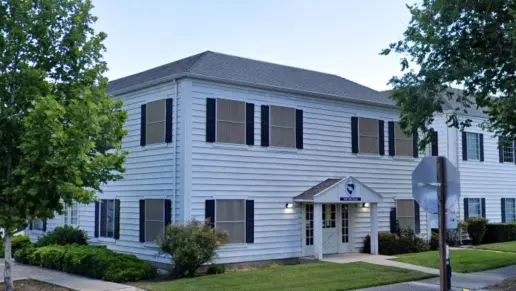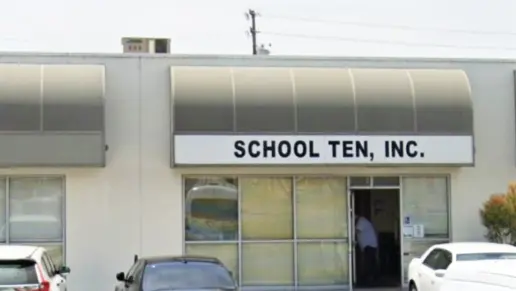About El Centro de Amistad
The organization offers a variety of programs for adults, including mental health care, CalWORKS, a Family Preservation Program, a free legal clinic, and a Recovery, Resilience, and Reintegration program. Services in these programs include individual and group counseling, medication management, neurofeedback, vocational training and job placement services, case management, and housing support.
Programs for children and adolescents include outpatient and school-based mental health support, the Family Preservation Program, the Multidisciplinary Assessment Team, Prevention and Early Intervention, Early Childhood Mental Health, and Transition Age Youth (TAY) programs. Services include individual and group counseling, medication management, mental health and substance use education, and housing and employment support.
El Centro de Amistad accepts Medi-Cal and Children’s Health Insurance. The uninsured are welcome based on staff availability. Staff may refer program participants to other services that accept private health insurance plans, such as Aetna, Beacon, Humana, Cigna, Blue Cross Blue Shield, and United Healthcare. Because insurance plans vary, be sure to verify coverage details and out-of-network benefits with your insurer.
Latest Reviews
Rehab Score
Accepted Insurance
Other Forms of Payment
Medicaid is a state based program that helps lower-income individuals and families pay for healthcare. Medicaid covers addiction treatment so those enrolled can use their coverage to pay for rehab. When a program accepts Medicaid the client often pays very little or nothing out of their own pocket.
Financial aid can take many forms. Centers may have grants or scholarships available to clients who meet eligibility requirements. Programs that receive SAMHSA grants may have financial aid available for those who need treatment as well. Grants and scholarships can help you pai for treatment without having to repay.
Addiction Treatments
Levels of Care
 Outpatient
Outpatient
Treatments
Mental health rehabs focus on helping individuals recover from mental illnesses like bipolar disorder, clinical depression, anxiety disorders, schizophrenia, and more. Mental health professionals at these facilities are trained to understand and treat mental health issues, both in individual and group settings.
Programs

Adult Program

LGBTQ Program
Clinical Services
Cognitive Behavioral Therapy (CBT) is a therapy modality that focuses on the relationship between one's thoughts, feelings, and behaviors. It is used to establish and allow for healthy responses to thoughts and feelings (instead of unhealthy responses, like using drugs or alcohol). CBT has been proven effective for recovering addicts of all kinds, and is used to strengthen a patient's own self-awareness and ability to self-regulate. CBT allows individuals to monitor their own emotional state, become more adept at communicating with others, and manage stress without needing to engage in substance abuse.
Whether a marriage or other committed relationship, an intimate partnership is one of the most important aspects of a person's life. Drug and alcohol addiction affects both members of a couple in deep and meaningful ways, as does rehab and recovery. Couples therapy and other couples-focused treatment programs are significant parts of exploring triggers of addiction, as well as learning how to build healthy patterns to support ongoing sobriety.
Research clearly demonstrates that recovery is far more successful and sustainable when loved ones like family members participate in rehab and substance abuse treatment. Genetic factors may be at play when it comes to drug and alcohol addiction, as well as mental health issues. Family dynamics often play a critical role in addiction triggers, and if properly educated, family members can be a strong source of support when it comes to rehabilitation.
Group therapy is any therapeutic work that happens in a group (not one-on-one). There are a number of different group therapy modalities, including support groups, experiential therapy, psycho-education, and more. Group therapy involves treatment as well as processing interaction between group members.
In individual therapy, a patient meets one-on-one with a trained psychologist or counselor. Therapy is a pivotal part of effective substance abuse treatment, as it often covers root causes of addiction, including challenges faced by the patient in their social, family, and work/school life.
Trauma therapy addresses traumatic incidents from a client's past that are likely affecting their present-day experience. Trauma is often one of the primary triggers and potential causes of addiction, and can stem from child sexual abuse, domestic violence, having a parent with a mental illness, losing one or both parents at a young age, teenage or adult sexual assault, or any number of other factors. The purpose of trauma therapy is to allow a patient to process trauma and move through and past it, with the help of trained and compassionate mental health professionals.
Staff
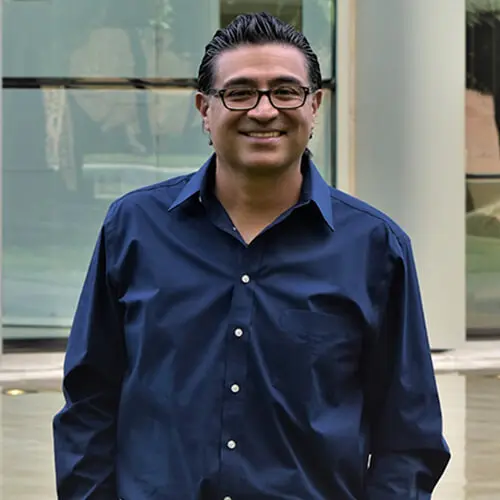
Luis C, MBA
Executive Director
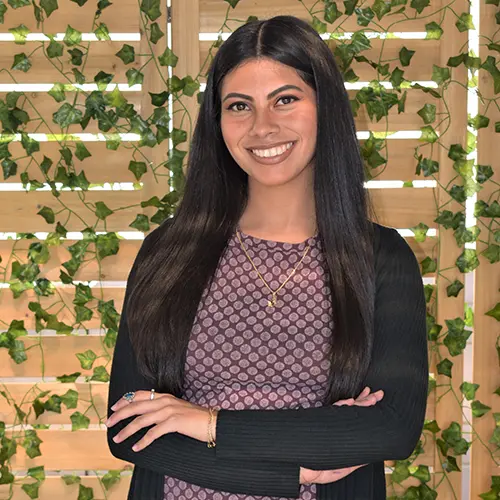
Alexandra B, B.A
ntake Manager

Angelica S, MA, LMFT
DMH Program Director
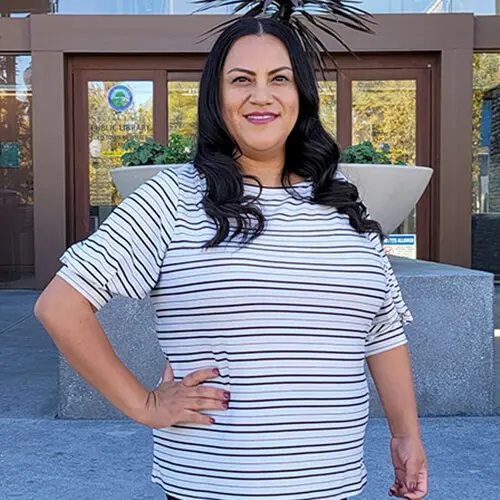
Carla E, MPA
Information Systems/IT Manager

Elizabeth D
Human Resources Manager

Flaviola G, BA
Community Relations Supervisor
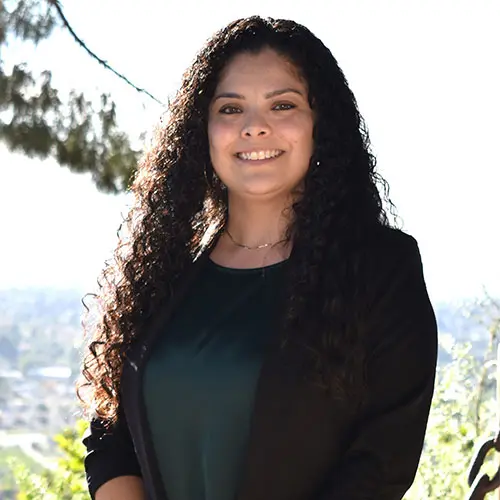
Linda M, MA, AMFT
Quality Assurance Manager
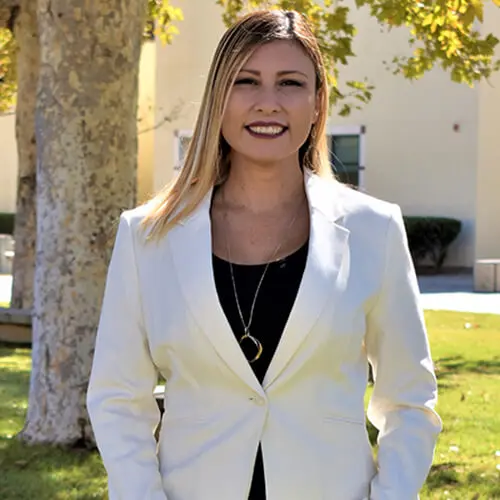
Sara P, MA., LMFT
Director of Operations & DCFS Program Director
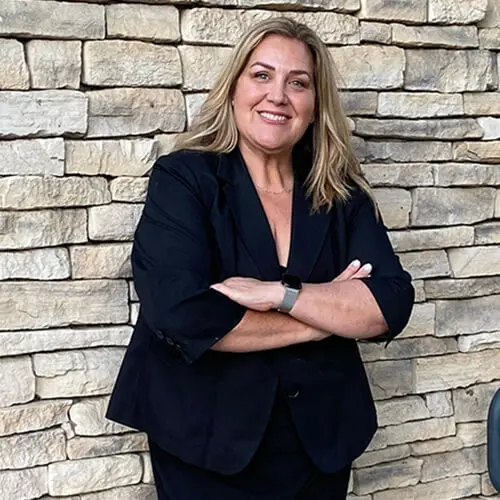
Tania F, MFC
Associate Director
Contact Information
7038 Owensmouth Avenue
Los Angeles, CA 91303

